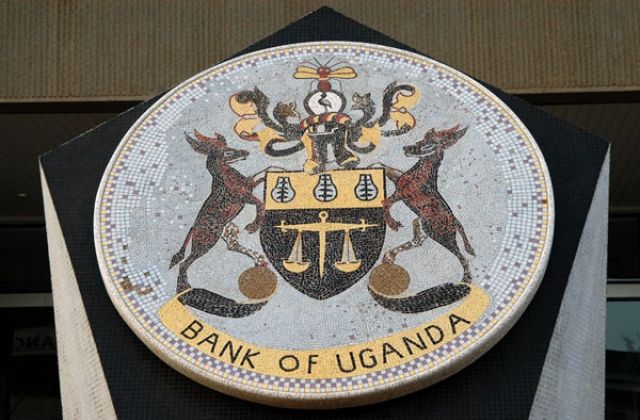The State Minister for industry, David Bahati is not happy that commercial banks in the country continue to raise their prime lending rates blaming it on the ‘rising’ inflation, which he said, is just one of unjustifiable excuses they are using to deny Ugandans credit.
“Commercial banks are having a lot of excuses. The excuses are running out. It is time you consider lowering excuses interest rates,” he said in what seemed to be a warning to the bankers.
Bahati spoke against the continuous increase in interest rates while speaking at the launch of Equity Bank Group revolving fund under its Africa Economic Recovery and Resilience Plan to finance the private sector.
Indirectly, Bahati was speaking to Bank of Uganda (BoU) which has been increasing the Central Bank Rate (CBR) to now 9 per cent in August, 2022, encouraging banks to increase their rates, sending away the would-be borrowers.
According to Bahati, banks should consider lowering interest on loans as well as providing patient capital to support private sector investment. But the banks can only lower their interest rates if only BoU stops increasing the CBR, upon which banks also base on to determine their interest rates at which borrowers take money.
He said there is a need for banks to create a window for patient and affordable capital to support private sector growth.
Bahati says one of Uganda’s biggest problems is lack of patient capital, which is important in value addition that enable the country to export so that it can earn some foreign exchange.
Following the BoU continuous increase of CRB commercial banks have also copied and increased their interest rates, meaning Ugandan enterprises are disadvantaged, even though BoU says the rise in the CBR is meant to put inflation under control.
Unfortunately, economic institutions in the country like BoU and others have failed to show Ugandans alternative sources of capital to fund their businesses, as banks continue to claim that lending in Uganda is risky, coupled with rising inflation, the reason they say for the increase in interest rates.
BoU in August projected that the Ugandan economy would grow at 2.5 percent in 2022, but that is because the rise in CBR is indirectly denying for example local SMEs money for production, especially for export.
On the hand, BoU says higher domestic prices for food would continue if the drought continues. However, there are SMEs in agriculture that deal with supply of irrigation systems so that farmers can grow food crops even in the dry seasons.
The increase in CBR therefore hinders such SMEs from getting bank money, as it is expensive, and worsened that banks consider investment in agriculture as risky in Uganda.
An analyst when asked, said that now that a government Minister has spoken against increase in bank interest rates, BoU should not encourage the banks to increase further, and that is by cutting the CBR.
![]()




























